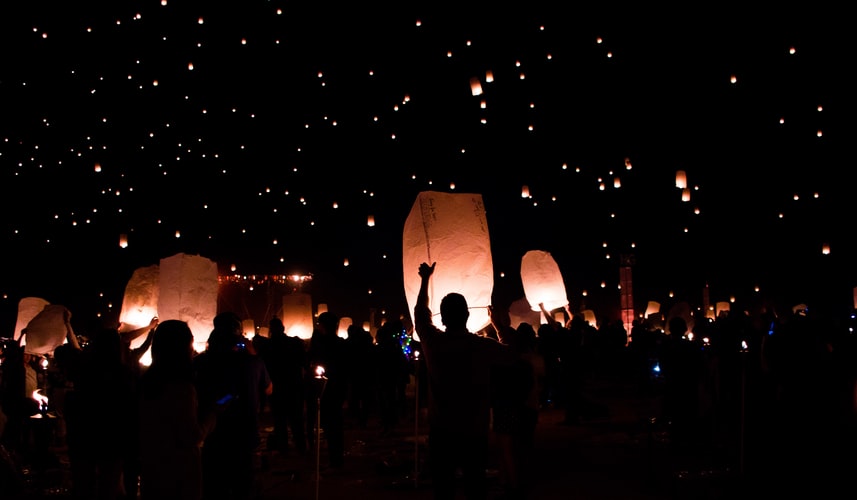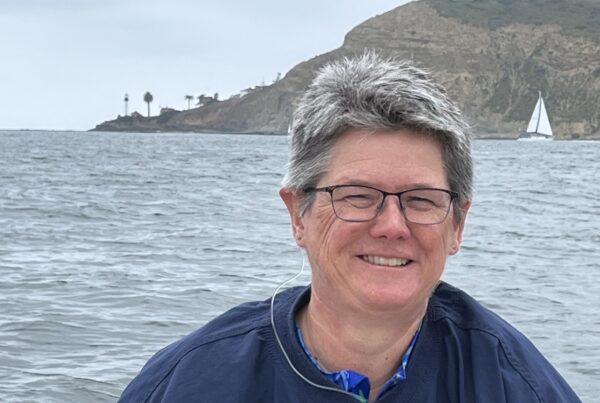Past years, my resolve is not to resolve.
On January 1, 2020, I woke late to my four children banging pots in the kitchen and brewing coffee. Finally. Inhaling deeply of their sweetness in the kitchen, albeit loud and risky, I allowed myself to imagine the end of my graduate school internship, fewer trips to Seattle for class, and a celebration in June to commemorate my completing an MA in Counseling Psychology. I remember the coffee whiffs from the kitchen were interspersed with giggles and sparky fights. Social media posts erupted with “New Decade…New You…” type of exonerations and encouragements. I bought in. I really did. Inside, I sensed a need to start out this new era with the way I wanted to continue living for at least the next ten years.
My list included, “get in shape, spend time with my family, start working to support my family, give back to my community through professional services.” The list had honor, was not only self-focused but was outward-focused. The rest of the day, the six members of my family spent relaxing, joking, being together. A perfect start to a new decade.
Sometime in January, the distant reports of a virus in Wuhan, China, reached my ears from the NBC Today Show hosts. Mostly ignoring the report, I continued daily tasks: study, school, internship, parenting responsibilities, connecting with my husband, Luis. In the early days of 2020, Luis and I clung to the possibility of putting a deposit down on a celebration location for my graduation in June and renewed our passports because my brother booked a trip for all six of us to fly to visit his family in Bali, Indonesia. We would vacation together for the first time in years as a special graduation present to my family. And, after years of study and being dirt poor, putting cash into passports was the down payment on a dream trip and the reality that things were about to change for the better. After all, I would be working, seeing clients in my new therapy office. Things were about to change.
I feel grief as I sit among my four children doing online school from home in December 2020. It wasn’t long after, maybe two months, when Washington Governor Jay Inslee shut our state down and sent children home for school. I, too, left graduate school one afternoon and never returned to the red brick building where I’d formed so much of who I am today. I didn’t go back. And, neither have my children.
The sweet morning of January 1, 2020, full of plans and dreams, rest and hope, felt lost. March 2020 brought a level of extremity and cruelty I wasn’t prepared for. The old hangouts, coffee house chats, mom-to-mom connections I had built into life, the community cultivated over three intense years, slipped into a virtual world made of dream-scape backgrounds, similar losses, death of loved ones, and a ripping back of the make shift band aid of consumerism and charades covering the wounds of my community.
Would I engage? Would I be equal to the task of parenting? Would I collapse? Would I dream again? Would I stay married? Would I be able to provide safety for my family?
And, now what? It’s nearly January 1, 2021. Will I dream again? Where will I allow my heart to rest? Will I make purpose-filled intentions or resolutions for a new year?
This is the ache of hope—the longing, the desire that I must war with. Will I deaden my heart? I am tempted to exit my body and live either in my head or my feelings. There is a temptation to make sense of the fragments of hope, dreams, and 2020’s traumas through disconnection from others and from our own hearts and bodies. It is far easier for me to live in a space where I do not contend with the desires and gifts God has given me. This space of deadness creates a shell around my weary heart, and yet, what my heart needs far more than a shield of deadness is the risk of connection, an engagement of the profound losses and grief from 2020 to begin to dream again.
Romans 1:18 (NLT) admonishes the suppression of truth: “But God shows his anger from heaven against all sinful, wicked people who suppress the truth by their wickedness.” 2020 has been the truth of the intersection of rage, worship, and hope. Engagement of this truth enters heartache and anger, strangles shame, turning our faces towards a living God.
The hearts beating inside of us long for the opportunity to love, dream, try, fail, and succeed.
Will you join me in risky living for 2021? I don’t know which or what resolutions you may set for yourself this new year. As for me, I’ll be risking opportunities to connect with colleagues to create spaces for healing, make space for the grief that will still come in 2021, and allow for days of delight in the small successes. I invite you to join me.
Editor’s note
This past April and May, I found myself drawn to Lamentations 2:22-23: “The steadfast love of the Lord never ceases, his mercies never come to an end; they are new every morning; great is your faithfulness.” Verse 23 especially became a lifeline for me as I continued to remind myself of God’s goodness amid sorrow and craziness.
Now, as we approach a new calendar year, that phrase comes back to me. I’ve never been one to make resolutions—or intentions, as they’re reportedly called now—because that flip of a new calendar never struck me as a magical turning point. Yes, there are 365 blank calendar squares, ready to be filled with hope, adventure, and life, but to me, February 26 or October 19 seem as good as any day to resolve to make the next 365 days better.
Whether or not you make resolutions, I invite you to join me in clinging to God’s goodness and watching for his mercies in 2021. His mercies … new every morning is a reminder that I will need exactly that often, every morning. It is a hope-filled promise and a daily comfort, 365 days, each year. I echo Danielle’s invitation to “risky living” in 2021—seeking out opportunities “to love, dream, try, fail, and succeed.” Hope may seem risky this year, but I pray that it washes over you anew as you rest in the assuredness of God’s faithfulness and stand on Christ, the solid rock.
Danielle Castillejo
Danielle Castillejo holds an MA in Counseling in Psychology from The Seattle School of Theology and Psychology, is a Licensed Mental Health Counselor Associate in the state of Washington, owner of Way-Finding Therapy, co-host of The Arise Podcast, avid reader, writer, adventurer, and advocate.



